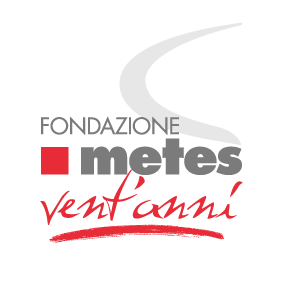Agriculture has traditionally been a sector with high undeclared work because of its seasonal character and because workers are hired daily.
The main motivators for undeclared work across concerned countries can be grouped in:
– economic: undeclared work allow individuals to maximize the income of enterprise toand to avoid taxes and contribution burdens;
– administrative: undeclared work is favored by the abuse of flexible forms of work and the spread of sub-contracting makes it easier for employers to abuse such flexible contracts and makes regulation much more difficult;
– cultural: in concerned countries, informal economy is tolerated and undeclared work is perceived as a means of reciprocal assistance between employees.
As stated by recent literature and reinforced by 2016 European Platform Tackling Undeclared Work, cost effective ways of dealing with undeclared economy shift away from the ‘stick and carrot’ approach and rather rely on indirect controls.
It is crucial for key actors to learn from each other about what works and what doesn’t, to develop integrated and holistic approaches and to ensure cross-border cooperation that would draw together the efforts of Member States in their fight against undeclared work.
That’s why trade unions, employer organizations and institutions from Italy, Bulgaria, FYROM, Romania and Serbia got to work together and, in January 2018, thanks to the European Commission funding, launched the project Raise Up to engage in strategic discussions and develop more responsive policies and measures contributing to tackling undeclared work in agriculture. (To know better all the partners involved in the project, check the About Page)
This project, whose acronym stands for “grass Root Actions, Innovative approaches and Stakeholders Engagement to tackle Undeclared work Propensity, supports mutual learning on innovative policy measures and practices and their transfer into regional and national systems through cross border cooperation.
This is made possible thanks to a series of activities: a participatory action-driven research, five national workshops in Italy, Bulgaria and FYR Macedonia, three European workshops, a European dissemination event, the design of evidence based masterplans and roadmaps for future actions, a website, an online learning platform and a social campaign.
The first phase of the project is the exchange of each country experiences. In this way a common awareness develops in order to be able to evaluate the existing tools.
Secondly the project will move onto the study of further measures which are expected to be more effective and better integrated among countries.
Finally, during the third phase, citizens/consumers of each country will be targets of an information campaign. Both traditional and social media should rise in them the question “how has the food I consume been produced?” in order to spread the awareness about the fact that food quality doesn’t exist without work quality for those who produced it.
These objectives will be tackled by promoting the exchange and transfer of experiences among the countries involved in the project.
To find out more about this project and its aims, subscribe to our newsletter.

